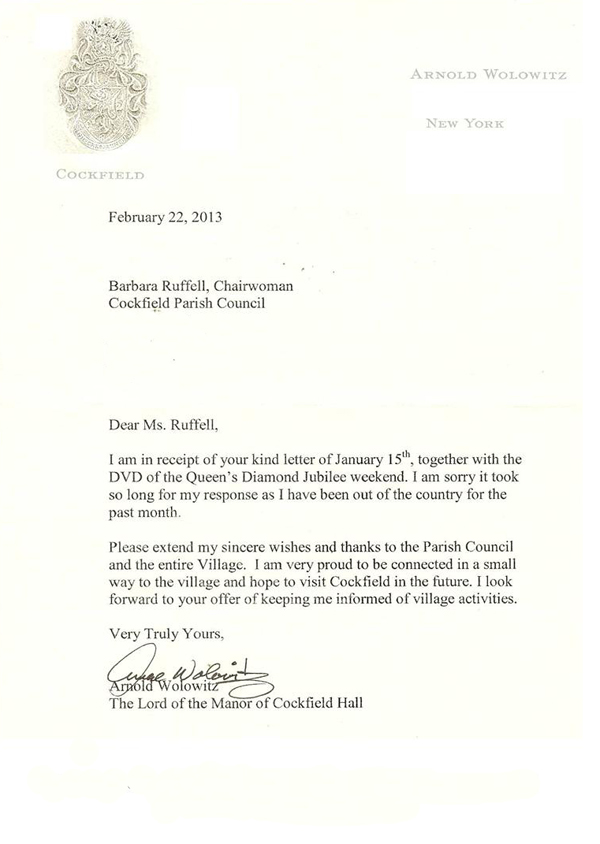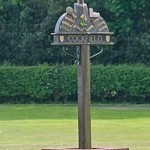The Lordship of the Manor is among the oldest titles in England and predates the Norman Conquest. The Normans institutionalised the Manorial System in the Domesday Book which lists over 13,000 Manors and their owners. It is not connected to the British honours system.
The Manor was the pivot of the feudal system and, by the time of Edward the Confessor, the
Lord was the most important person in village affairs and was responsible for collecting taxes for the King and dispensing justice.
The people on the Manor owed their Lord certain services in return for protection and the land he gave them. This ranged from money rents to working so many days a week on the Lord’s demesne without wages (week-work). Skilled men rented a smithy or mill from the Lord and kept the profit for themselves.
In time the powers of the Lord were diminished. Private criminal courts slowly decreased from the reign of Henry II which sounded the death knell of private criminal justice. By the end of the Middle Ages, all private criminal jurisdiction was gone. King Edward III instituted Justices of the Peace, many of whom were the local Lords of the Manor because they knew their area.
At the economic level, the medieval period saw enormous changes resulting in the evolution of paid labourers, ‘free’ to find work where they could. Reclamation of waste was granted out by the Lords on favourable terms to people who became copyholders in return for a half-yearly rent payable at the Lord’s court.
In 1922, the Law of Property Act abolished copyhold tenure. The Act confirmed many of the historic rights long enjoyed by the Lord of the Manor including the right to hold market and fairs, the right to common land and manorial waste, rights to mines and quarries, timber rights, fishing rights and others.
In purchasing a Manor, one inherits the status that this form of tenure implies and becomes
the successor in title to a line of men and women, many of whom have had a pronounced influence on history.









